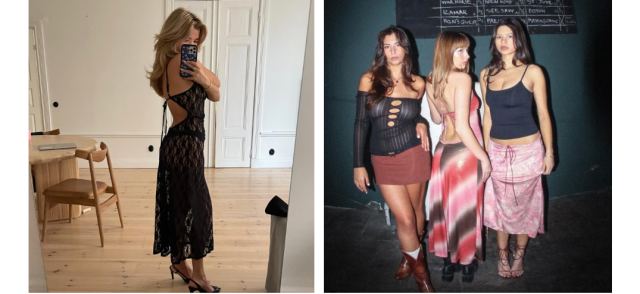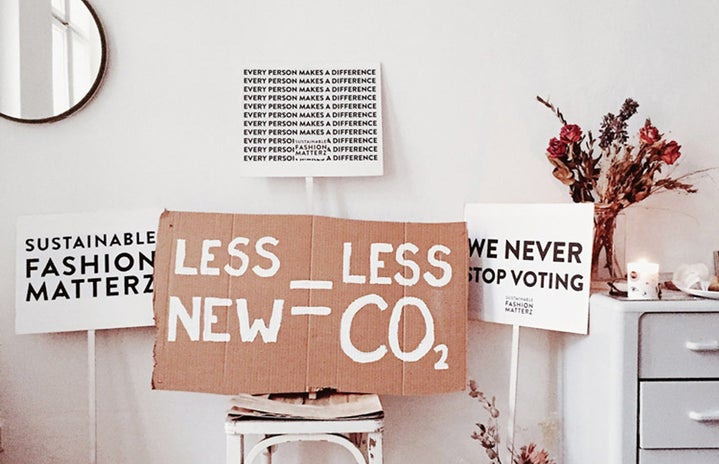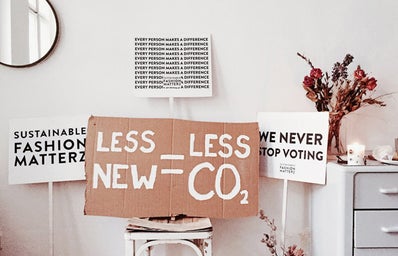2022 saw a dramatic surge in fast fashion, with Shein taking the top spot as the most popular clothing brand worldwide, according to a report by Money.co.uk. For the first time ever, the online retailer managed to triumph over some of the most iconic brand names like Gucci and Louis Vuitton.
Though it has been around for just barely over a decade, Shein has already seen unimaginable success. The company has managed to reconceptualize consumption patterns, leading a global shift in focus from quality to quantity in the fashion industry. Social media has created a space in which the idea of “trendiness” is everything, putting companies under growing pressure to churn out clothing quickly in order to meet all of today’s rapidly-evolving trends. When everyone wants something, it falls on these companies to make sure everyone can have it. Mass production allows for thousands of new designs to flood storefronts each year, giving the consumer with a constant turnover of new clothing for dirt cheap. In order to keep up with this insatiable demand for new styles at such low prices, garment production is outsourced to sweatshops. Exploitation is what drives these companies, and until they choose a new business model, the prices will remain unbeatable and continue to attract a never-ending stream of customers.
A world without fast fashion is difficult to conceptualize, but is it impossible? Many of the world’s most popular companies employ fast fashion techniques; Zara, H&M, and Urban Outfitters are among the long list. Admittedly, as a college student on a limited budget, it is hard to avoid these brands. It only becomes harder with the discovery that many sustainable brands’ prices can dip into the hundreds for a simple shirt or dress.
However, with the increasing awareness of the dangers of fast fashion comes increased action being taken against it. More small, sustainable companies are popping up, a multitude of which are run by young designers eager to make change. Here are a few of my favorites:
- radiodollsusa is a small brand based out of California, with so many cute graphic tees for relatively reasonable prices. The shop owner runs her entire production process herself, from the designs, to the printing, to the packaging!
- Bella Venice is quickly becoming one of the more popular brands today, with one of their dresses even earning Matilda Djerf’s stamp of approval. While the prices may be higher, their clothes are built to stand the test of time against countless wears and fleeting trends.

- Anna Wetton is a UK-based brand that splits production between a family-run local factory and the brand’s own small studio. Every aspect of their production process is intended to support the town’s local economy.
Thrift shops and vintage stores are another easy way to find great clothes on a budget. Burlington has several places to find recycled clothing: Battery Street Jeans, Billy Jean, The Vault Collective, and Dirt Chic, and Goodwill are a few local favorites. However, if you don’t feel like digging through the Goodwill bins, have someone else do it for you! Many people make a living out of reselling old clothes on Depop or Poshmark, and are typically willing to negotiate prices with buyers. With many old styles coming back these days, second-hand clothing is a great way to find quality pieces without breaking the bank.
In a perfect world, clothes would be cheaply and ethically made; we would not have to sacrifice one factor in favor of the other. However, the reality is that these ridiculously low prices are only possible through the horrible conditions fostered by fast fashion. Second-hand apparel and small businesses are, and hopefully will continue to, grow in popularity. Maybe one day the world will not so heavily rely upon the ways of fast fashion, but for now, we can chip away at it one t-shirt at a time.


